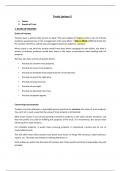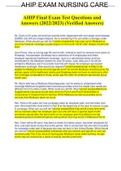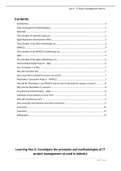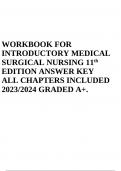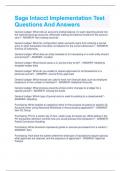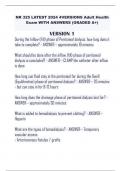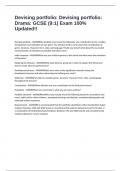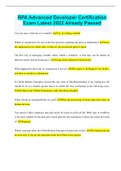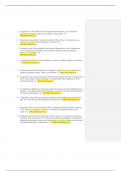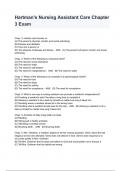Class notes
Law of Succession and Trusts - Lecture 8 - Trustees' Duties and Breach of Trust
- Course
- Institution
Class notes from eighth lecture of the module Law of Succession and Trusts. Lecture covers trustees' duties and breach of duties in Scots law. Important notes are highlighted, and case descriptions are given. Author achieved first-class grade for the module.
[Show more]
